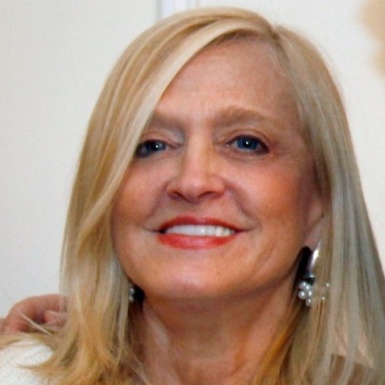The Case for Choice
Sign up and receive information on the latest news and updates.
Share:
Originally posted at www.healthcentral.com
The other day my husband and I were making out our Last Will and Testament. Not a fun chore, to be sure, but ultimately necessary (though, of course, we're never going to die).
The one thing we don't agree on is our living will. My husband wants to have a DNR (do not resuscitate) clause to be used if he is simply prolonging his life -- with no hope for recovery. He used to joke that if he were asleep and sneezed, I would tell a doctor it was time to pull the plug. He stopped with that joke after he had a heart attack, was in a two week coma, and I did everything possible to get him back - but that's another story.
My belief/hope is that time and science is on our side. Pretty optimistic of me since my mother and grandmother died of complications from Alzheimer's - a somber predictor for me - particularly since women make up 65% of the Alzheimer's cases. I know they are going to find a miraculous way to avert AD (like the Salk Polio vaccine of our time) or even a cure. I just wish they would hurry. And even if I am in an advanced state of the disease, in a recent study of mice with Stage Four Alzheimer's, the mice were brought back to their old self and even had better memories than before they were diagnosed with Alzheimer's. Oh, to be a rodent.
But then I remember my Mom, a brilliant force of nature, a lioness of a woman, who slowly, steadily disappeared into the chasm of this unforgiving disease. By the time she had pneumonia and was teetering on death I said to the doctor, "It's time - let her go." That I could say this about the mother I adored, the mother who is still visiting me three times a week in my dreams... But it was time. So this is what plagues me. Do I really want to be kept alive in such a state? Do I really want my family suffering this onerous burden?
Not long ago, on March 29th, newspapers across the country were running stories about Charles Snelling, a successful entrepreneur, who was deeply in love with his wife, Adrienne. Adrienne had been diagnosed with Alzheimer's and for six years Charles lovingly cared for her as he watched her slowly ravaged by this killer. He did this neither begrudgingly nor nobly, but rather for the woman whom he loved deeply and needed his nurturing. When he could no longer fight his depression from seeing her go deeper and deeper into this hideous disease, he killed first her and then himself.
Was this a horrible thing to do - unconscionable? I truly don't know. As I have gotten older, my blacks and whites have bled into definitive grays. I can see both sides and that either makes me powerless or wiser. It is hard to tell. Life has too many moving parts for me to see a clear through line. Maybe we have just as much of a right to decide how to die as how to live. I understand Mr. Snelling's desperation and his decision. There is no condemnation from me. I came to believe, in fact, that Dr. Kevorkian was a hero.
I am going to revisit my will again. And my DNR clause. Maybe not tomorrow, or even next year, but... I am thinking of rewriting my exit strategy.
